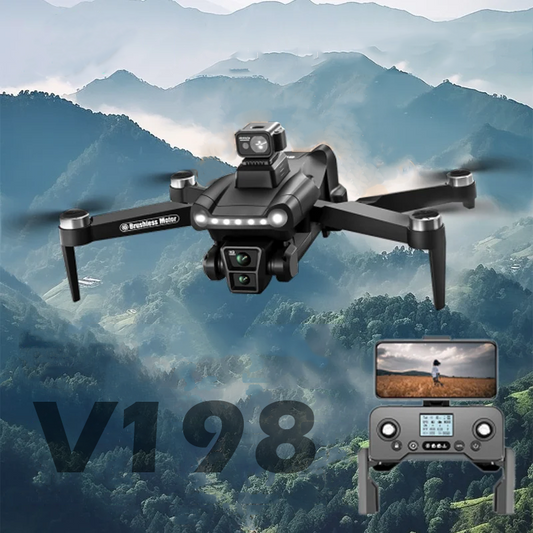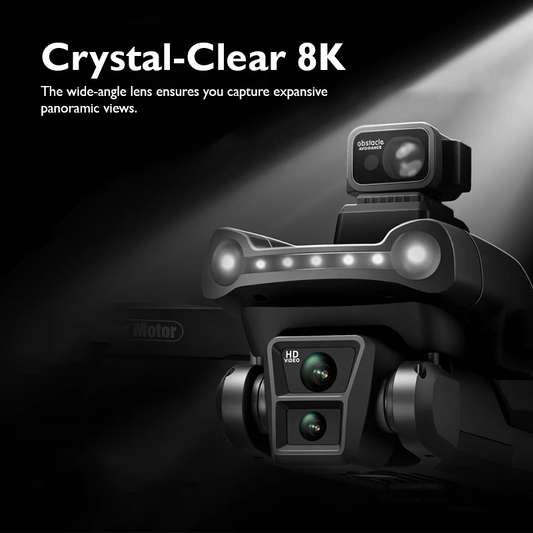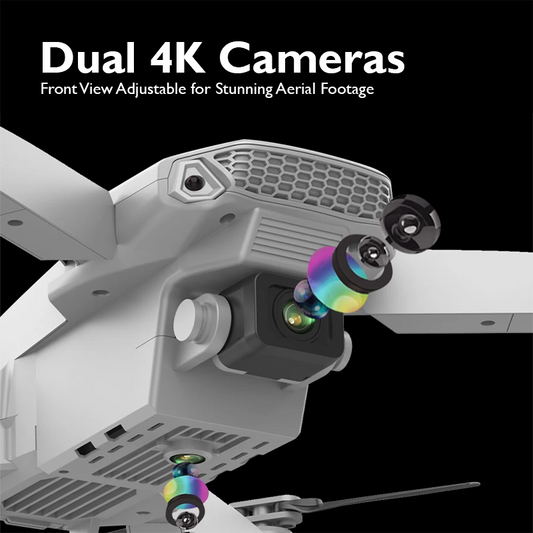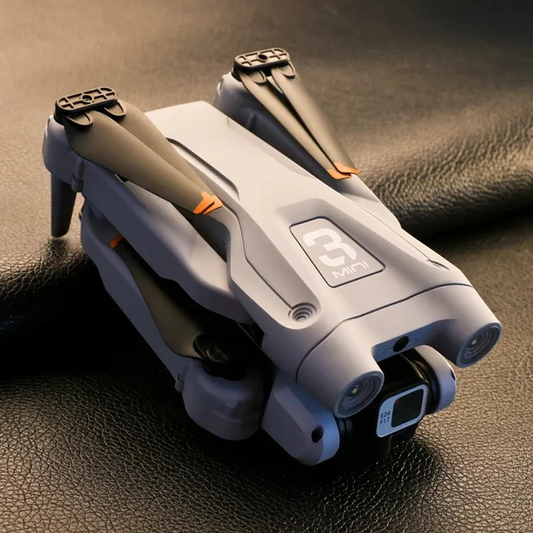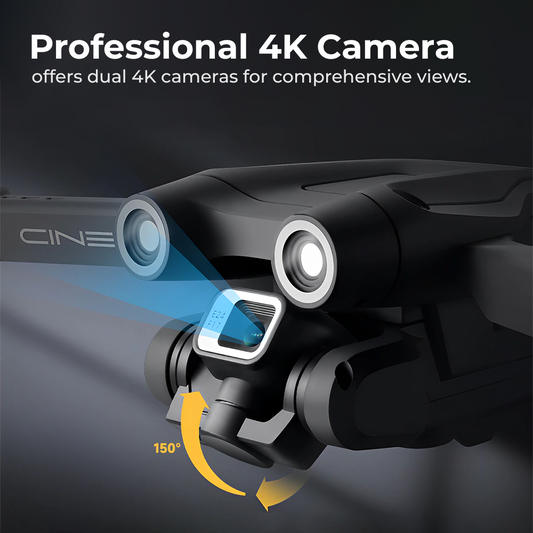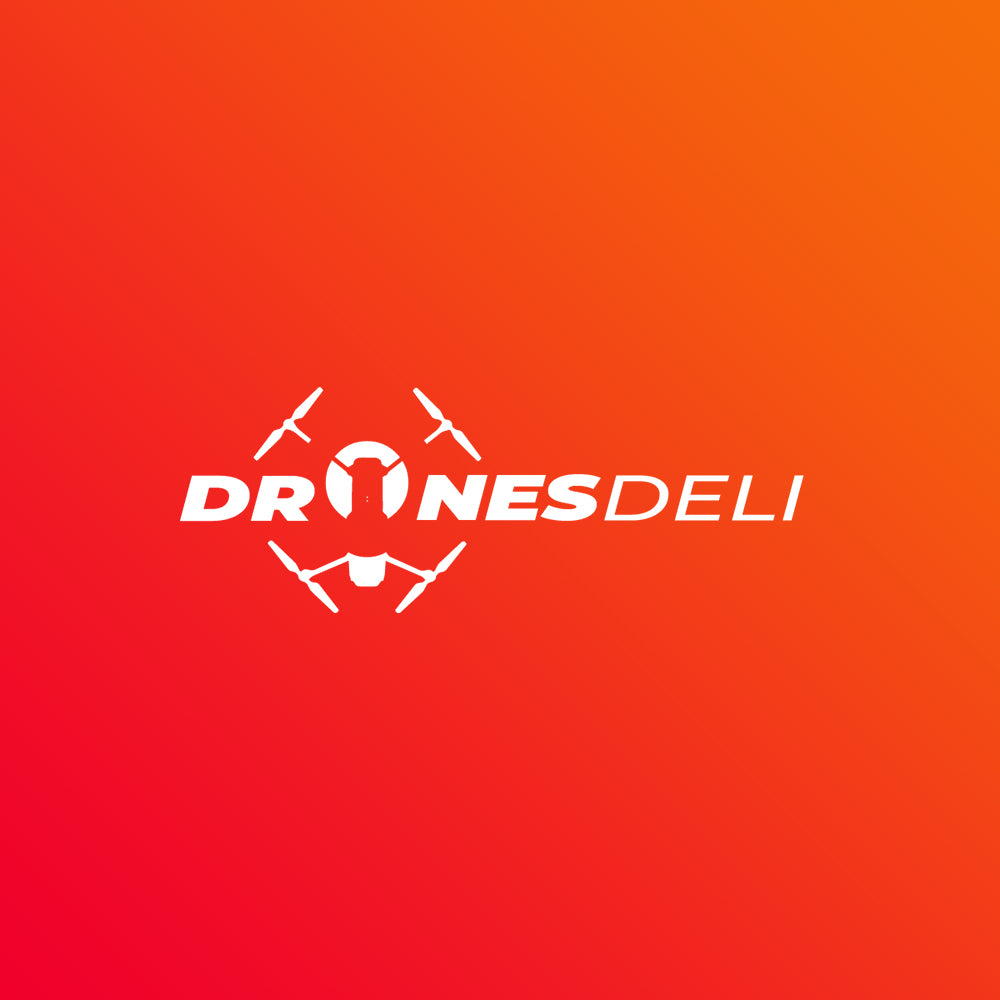Drones in Healthcare: Medical Delivery and Assistance

In the ever-evolving landscape of healthcare, technological advancements continue to play a pivotal role in improving patient outcomes and streamlining medical processes. One such innovation that has gained significant attention is the use of drones in healthcare. Drones are not just limited to recreational or military purposes; they are increasingly becoming indispensable in the medical field, offering novel solutions in medical delivery and assistance. In this article, we will delve into the transformative potential of drones and how they are reshaping the healthcare sector.
1.The Need for Innovation in Healthcare Delivery

As the global population grows and healthcare demands increase, there is a pressing need for innovative solutions to enhance the efficiency of medical services. Traditional methods of transportation and delivery often face challenges such as traffic congestion, long distances, and accessibility issues, particularly in remote or underserved areas. Drones present a unique and efficient solution to address these challenges and bring about a paradigm shift in healthcare delivery.
2.Medical Delivery Drones: Swift and Efficient

One of the most promising applications of drones in healthcare is medical delivery. Time is of the essence in emergencies, and delays in delivering critical medical supplies can have severe consequences. Drones offer a rapid and efficient means of transporting medical essentials, such as medications, blood samples, vaccines, and even organs for transplantation.
In regions with inadequate infrastructure or during natural disasters, where conventional transportation methods may be hindered, medical delivery drones can prove to be lifesavers. These unmanned aerial vehicles can navigate through challenging terrains, reaching remote areas that are otherwise difficult to access promptly.
3.Advantages of Medical Delivery Drones:

a. Quick Response Time: Drones can significantly reduce the time it takes to deliver medical supplies compared to traditional methods, ensuring timely treatment and intervention.
b. Remote Access: In rural or geographically isolated areas, medical delivery drones can overcome logistical challenges and provide access to essential healthcare resources.
c. Cost-Efficiency: Drones can operate at a fraction of the cost of traditional delivery methods, making healthcare services more accessible and affordable.
d. Reduced Traffic Congestion:
 In urban areas, where traffic congestion is a major concern, medical delivery drones can navigate swiftly, avoiding delays caused by road congestion.
In urban areas, where traffic congestion is a major concern, medical delivery drones can navigate swiftly, avoiding delays caused by road congestion.
4.Assistance Drones in Healthcare

Beyond medical deliveries, drones are proving to be valuable assets in providing assistance and support to healthcare professionals. The versatility of drones allows them to be equipped with various technologies and tools to enhance patient care and streamline medical processes.
5.Applications of Assistance Drones in Healthcare:

a. Telemedicine Support: Drones can facilitate telemedicine services by serving as mobile hotspots or carrying communication devices, enabling healthcare professionals to connect with patients in remote areas.
b. Aerial Surveys and Monitoring: Drones equipped with cameras and sensors can be used for aerial surveys, providing real-time data for monitoring disease outbreaks, assessing disaster-stricken areas, or even ensuring compliance with quarantine measures.
c. Search and Rescue Operations:
 In emergency situations, such as natural disasters or accidents, drones can be deployed for search and rescue missions, locating and reaching victims in a fraction of the time it would take traditional search teams.
In emergency situations, such as natural disasters or accidents, drones can be deployed for search and rescue missions, locating and reaching victims in a fraction of the time it would take traditional search teams.
d. Patient Monitoring: Drones equipped with medical sensors can be utilized for monitoring patients in real-time, collecting vital signs and transmitting the data to healthcare providers. This is particularly beneficial for patients with chronic illnesses or those requiring constant monitoring.
6.Overcoming Challenges and Ensuring Safety

While the potential benefits of integrating drones into healthcare are vast, it is crucial to address and mitigate challenges associated with their implementation. Safety concerns, privacy issues, and regulatory frameworks are among the key considerations that need careful attention.
7.Safety Measures:

a. Collision Avoidance Systems: Implementing advanced collision avoidance systems can prevent accidents and ensure the safe navigation of medical delivery and assistance drones.
b. Redundancy Systems: Incorporating redundant systems in drone design can enhance reliability and mitigate the risk of system failures during critical operations.
c. Training Programs: Ensuring that operators and healthcare professionals are well-trained in drone operations and understand safety protocols is essential for successful integration.
8.Privacy and Regulatory Considerations:

a. Data Encryption: To safeguard patient information and data transmitted by drones, encryption protocols should be in place to prevent unauthorized access.
b. Compliance with Regulations: Adhering to local and international regulations governing drone use in healthcare is imperative to avoid legal complications and ensure ethical practices.
c. Community Engagement: Establishing open communication with the communities where drone operations take place can help address concerns, build trust, and ensure the acceptance of this innovative technology.
9.The Future of Drones in Healthcare

As technology continues to advance, the role of drones in healthcare is poised to expand even further. Ongoing research and development are focused on enhancing the capabilities of medical delivery drones, including increasing payload capacity, extending flight range, and developing more sophisticated navigation systems.
Additionally, collaboration between healthcare providers, drone manufacturers, and regulatory bodies is essential to establish comprehensive guidelines that balance innovation with safety and ethical considerations. The integration of artificial intelligence and machine learning in drone systems holds the potential to optimize routes, enhance autonomous decision-making, and further improve the overall efficiency of healthcare drone operations.
In conclusion, drones are ushering in a new era of possibilities in healthcare delivery and assistance. From expediting medical supplies to providing aid in emergencies, the transformative impact of drones in healthcare is already evident. As the technology continues to mature and stakeholders work collaboratively to address challenges, the future holds great promise for a healthcare system that is more accessible, efficient, and responsive to the needs of patients worldwide. The sky is not the limit; it's just the beginning of a healthcare revolution powered by drones.
Explore a variety of drones at our online drone store.Happy Flying!





